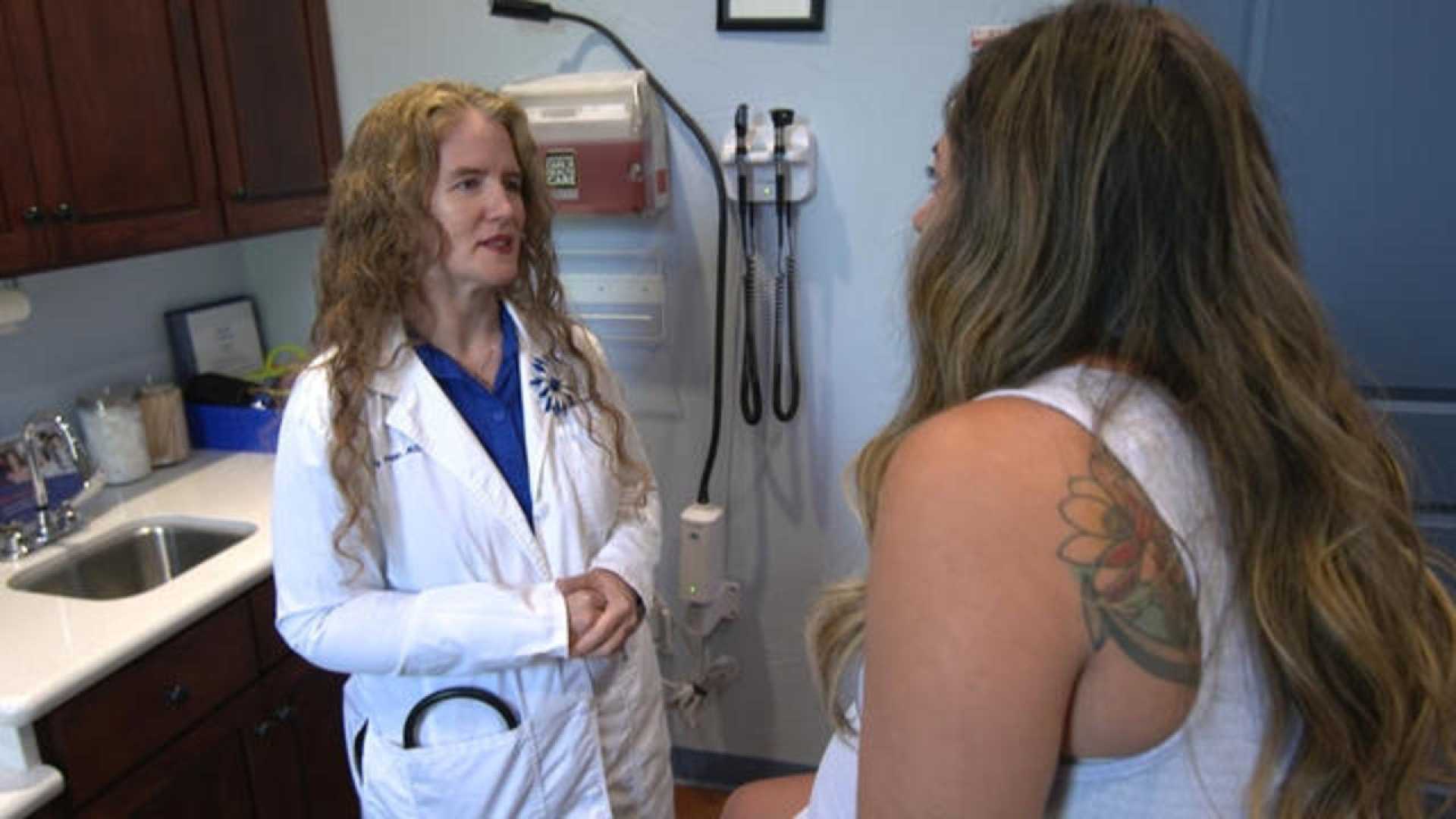Health
Texas’ Strict Abortion Laws Put Pregnant Women and Physicians at Risk

Following the Supreme Court‘s overturning of Roe v. Wade in 2022, Texas has implemented some of the strictest abortion laws in the country, which have significant and often dire consequences for both pregnant women and the physicians who care for them. The laws, particularly Senate Bill 8 (SB-8) and subsequent legislation, have banned abortion at six weeks with no exceptions for victims of rape, incest, or severe fetal abnormalities.
Dr. Dani Mathisen, an OB-GYN in training, shared her personal ordeal under these laws. When she faced a pregnancy with severe fetal abnormalities, her doctors were too scared and confused to counsel her on abortion options due to the fear of legal repercussions. Mathisen and her husband had to seek help from her mother, a physician, who arranged for an abortion in New Mexico, a state without such restrictions. This experience highlights the desperate measures women must take to access necessary medical care.
The laws have also led to a significant increase in maternal deaths. According to CDC numbers, maternal deaths in Texas rose by 61% from 2019, compared to an 8% increase nationwide. This surge is attributed to the delayed and often inadequate medical care provided due to the strict abortion laws.
Doctors in Texas are facing unprecedented challenges. Dr. Emily Briggs, an obstetrician and family physician, noted that the laws have created a “dangerous situation” where physicians could face life imprisonment, huge fines, or loss of licensure for discussing evidence-based care with their patients. This fear has led many doctors to consider leaving the state, with a 16% drop in OB-GYN resident applicants last year.
A recent letter signed by over 100 OB-GYNs in Texas urged lawmakers to reform the state’s abortion laws, citing the preventable deaths of women like Josseli Barnica and Nevaeh Crain. These cases illustrate how the current laws restrict medical professionals from providing lifesaving care, leading to tragic outcomes.
The impact on medical training is also significant. OB-GYN residents in Texas are missing out on critical training in areas such as trauma-informed care, diagnosing pregnancy complications, and managing miscarriages and ectopic pregnancies. Many residents are now forced to leave the state for rotations to receive the necessary training.












